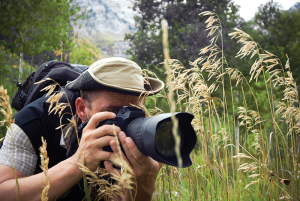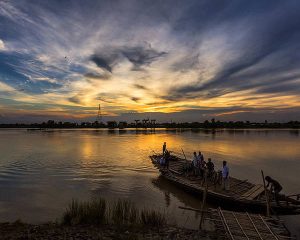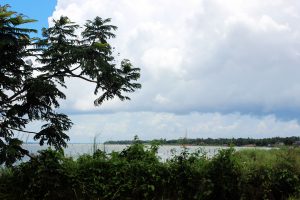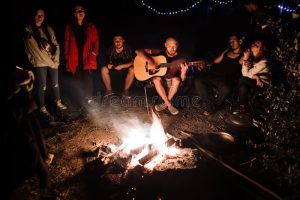
Recreational activity means any outdoor activity undertaken for the purpose of exercise, relaxation or pleasure, including practice or instruction in any such activity. "Recreational activity" includes, but is not limited to, hunting, fishing, trapping, camping, picnicking, exploring caves, nature study, bicycling, horseback riding, bird-watching, motorcycling, operating an all-terrain vehicle, ballooning, hang gliding, hiking, tobogganing, sledding, sleigh riding, snowmobiling, skiing, skating, water sports, sight-seeing, rock-climbing, cutting or removing wood, climbing observation towers, animal training, harvesting the products of nature and any other outdoor sport, game or educational activity, but does not include any organized team sport activity sponsored by the owner of the property on which the activity takes place.
Recreation refers to all those activities that people choose to do to refresh their bodies and minds and make their leisure time more interesting and enjoyable. Examples of recreation activities are walking, swimming, meditation, reading, playing games and dancing.
Leisure refers to the free time that people can spend away from their everyday responsibilities (e.g. work and domestic tasks) to rest, relax and enjoy life. It is during leisure time that people participate in recreation and sporting activities.
Sport refers to any type of organized physical activity, e.g. soccer, rugby, football, basketball and athletics.
The benefits of activities
Participation in recreation and sports activities can have many benefits for both the individual and community. These include:
-
health promotion and disease prevention – recreation and sports activities are an enjoyable and effective way to improve health and well-being; they can relieve stress, increase fitness, improve physical and mental health, and prevent the development of chronic diseases, such as heart disease;
-
skills development – physical and social skills are some of the many skills that can be developed through participation in recreation and sports activities;
-
awareness raising, reduction of stigma and social inclusion – recreation and sports activities are a powerful, low-cost means to foster greater inclusion of people with disabilities; they bring people of all ages and abilities together for enjoyment, and provide people with disabilities the opportunity to demonstrate their strengths and abilities, and promote a positive image of disability;
-
international peace and development – sport is a universal language that can be used as a powerful tool to promote peace, tolerance and understanding by bringing people together across boundaries, cultures and religions.
-
empowerment – recreation and sports activities can empower people with disabilities by positively influencing their self-confidence and self-esteem.















